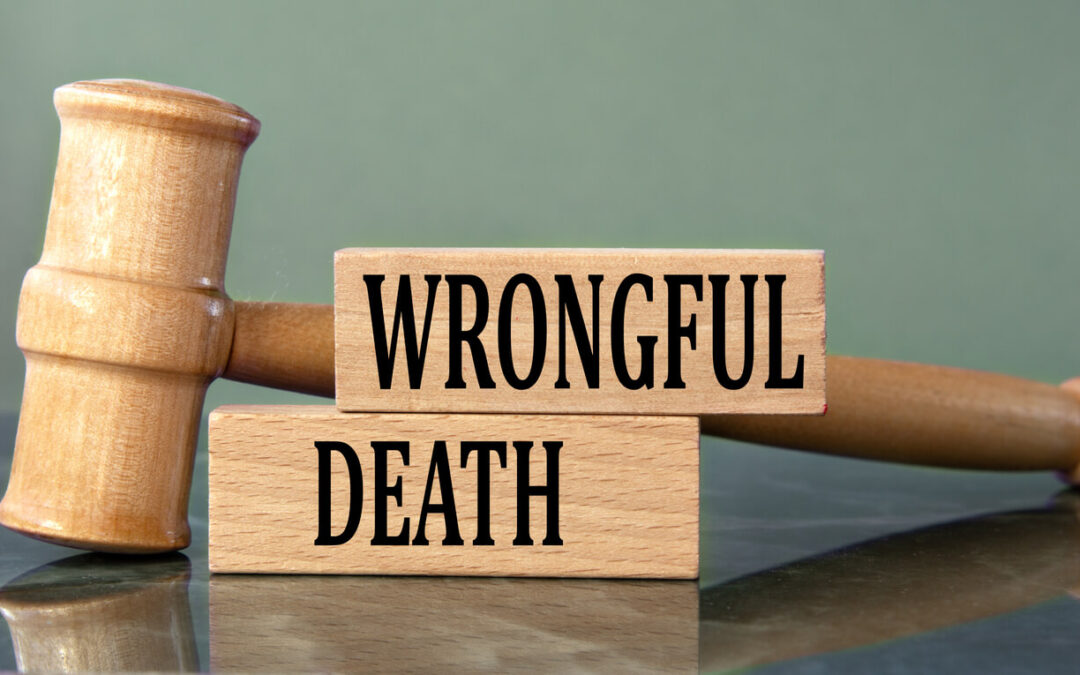A catastrophic injury or wrongful death has far-reaching consequences, leaving families and individuals to face emotional, financial, and legal challenges. Texas law provides options for pursuing compensation in these cases, but the legal process is complex and often misunderstood. Understanding the realities of these claims is essential for those seeking justice.
Wrongful Death Cases Require a Thorough Legal Approach
Texas law allows surviving family members to pursue a wrongful death claim when negligence or misconduct leads to a fatality. However, the legal process is rarely straightforward. Liability must be clearly established, and insurance companies often attempt to minimize payouts. Wrongful death cases require strong legal arguments, substantial evidence, and expert testimony to prove damages.
A claim may include compensation for medical expenses, lost income, and emotional suffering. Texas law imposes specific limitations on who can file, typically restricting claims to spouses, children, and parents of the deceased. The complexity of these cases makes legal representation essential to ensuring a fair outcome.
Catastrophic Injuries Lead to Long-Term Consequences
Severe injuries such as spinal cord damage, traumatic brain injuries, and amputations permanently alter a person’s quality of life. These cases often involve extensive medical treatment, rehabilitation, and long-term care. The financial strain can be overwhelming, with medical expenses accumulating rapidly.
Beyond medical costs, individuals suffering from catastrophic injuries may be unable to return to work, leading to lost wages and financial instability. Pain management, home modifications, and specialized care add further challenges. Pursuing compensation requires careful calculation of both current and future expenses to secure financial stability for the injured party.
Insurance Companies Often Undervalue Severe Injury Claims
Insurance providers prioritize profit and frequently attempt to minimize payouts in wrongful death and catastrophic injury cases. They may dispute liability, downplay injuries, or offer settlements that do not cover long-term needs. Without experienced legal representation, victims and families risk accepting compensation that falls short of what is necessary to move forward.
Legal teams handling these cases must negotiate aggressively with insurers and be prepared to take cases to trial if necessary. A thorough understanding of Texas personal injury law, along with access to medical experts and accident reconstruction specialists, strengthens a claim and increases the likelihood of securing fair compensation.
Statutes of Limitations Impact Filing Deadlines
Texas law imposes strict deadlines for filing wrongful death and personal injury claims. Generally, families have two years from the date of death to file a wrongful death lawsuit, while catastrophic injury claims must be filed within two years from the date of the accident. Missing these deadlines can result in losing the right to seek compensation.
Exceptions to these timelines exist in certain circumstances, such as cases involving minors or fraudulent concealment of negligence. Understanding these legal time limits and acting quickly is crucial to preserving legal rights. Consulting an attorney as soon as possible allows for a full investigation and proper preparation of the case.
Legal Guidance is Essential in Complex Cases
The legal system surrounding wrongful death and catastrophic injuries is intricate, requiring a strategic approach to secure just compensation. These cases demand extensive evidence, expert testimony, and a deep understanding of Texas liability laws. Without skilled legal representation, families and victims face significant obstacles in recovering damages.
McKinnon Law provides dedicated legal support to individuals and families facing the challenges of wrongful death and catastrophic injury cases. With experience in personal injury law and a commitment to thorough case preparation, clients receive strong legal advocacy designed to achieve the best possible outcome. Those seeking justice deserve an attorney who understands the complexities of these claims and fights for fair compensation at every stage of the process.

